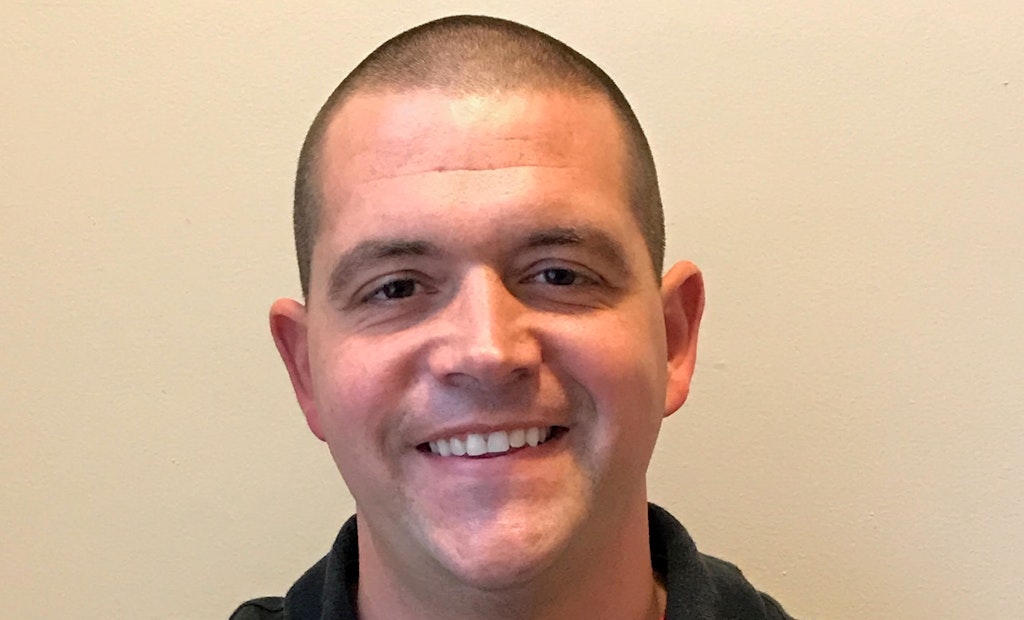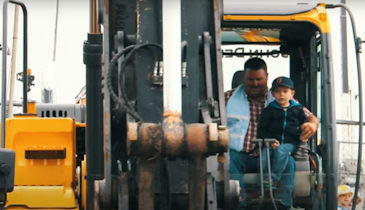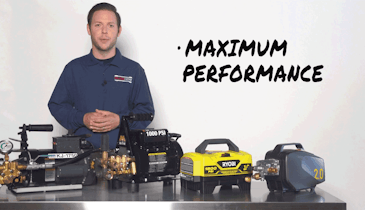Interested in Cleaning?
Get Cleaning articles, news and videos right in your inbox! Sign up now.
Cleaning + Get AlertsAbout 10 years ago, I went on a service call to unclog a main drain. The customer explained that her system was running slow, it had been running slow since she moved in, and she thought it had just needed to be cleaned out.
I ran the sewer machine in through the cleanout in the basement, flushed some toilets, ran some water, and put a camera through, but didn’t find anything abnormal. A few days later, I had a callback for the same thing at the same house. And again, a few days after that. I was unbelievably frustrated and confused, so this time, I went to the home with a company veteran.
We drove to the woman’s house. She was surprisingly still kind considering the situation. The second I arrived, I started hauling the sewer machine off the van. The old-timer abruptly cut me off: “We won’t need that.”
“Just bring the camera then?” I asked. He replied, “Let’s just go in and have a look first.”
First, he circled the outside of the house a few times looking around. Then he walked inside and looked around the basement. He continued to run some water out of different fixtures throughout the house. After a thorough investigation he said, “There’s a belly in the line somewhere in the yard. The vents aren’t big enough. Someone probably remodeled the bathroom and did something to the vent system, and she has a clay line that should be replaced soon since there are a bunch of red maple trees and an oak tree near the line.”
I put in the camera, and as it turned out, further down the line there was a belly. In the attic, the remodeler went from 3-inch to 1 1/2-inch and back to 3-inch through the roof. I pulled back some roots this time as I went further into the line. I then went to turn on the camera locator, and the veteran plumber said, “No need for that. I used ground stethoscopes while you were running the machine. I know where it runs.” He gave the woman the information and sold almost $10,000 worth of work that needed to be done.
I said to him, “That’s crazy. You’re like a drain whisperer. You didn’t need any fancy modern tools to figure out what the issue was.”
“I knew what the issue was before we got to her house,” he replied. “We just needed to go verify a few things. People get too hung up on modern tools and lose sight of the house as a system. You shouldn’t bring the drain equipment in until you do a full assessment first. Think before you act. Once you get your head wrapped around the house as a living, breathing thing, add your fancy technology and you’ll be one sound plumbing machine.”
I took that to heart and over the years I’ve tried to keep a balance of both. Those old-timers had to spend time doing a lot of critical thinking because they didn’t have “fancy” tools. Even though I used to eye-roll at the old ways, I have come to appreciate them. They did such a thorough job that there was nothing for the customer to argue or object about. You either could afford their price or you couldn’t. It was that simple.
Back then I came to realize that I wasn’t doing as thorough of a job as I should be doing, both with drains and everyday service. I was trying to open the drain and quickly get to the next call, but watching those older plumbers work was such a more comprehensive experience. They were the ones you would want to show up at your out-of-state son or daughter’s house if they had an issue. There was no salesmanship, just professional plumbers who told you what needed to happen. They were always calm and collected, unconcerned with what call was next or what time they got home. They were genuinely concerned about the condition of the drain-waste-vent system or appliance they were servicing and how to make it work correctly to keep you safe. Because of that honest, pure, calm and good-hearted explanation of what you should do, they earned people’s trust. And trust is the secret to repeat business.
People nowadays think that everything is about price and the lowest price wins. I beg to differ. We routinely have customers call daily and say something along the lines of, “My father told me to ask for Mark and only Mark. Does he still work there?”
If you are one of these systematic individuals who looks at a house as a living, breathing thing first before acting and have an apprentice, introduce him or her to that side of the plumbing world. I think it will pay off in a big way. Hear those old-timers in your head saying, “Slow down and think before you act.”
About the Author
Anthony Pacilla is a registered master plumber for McVehil Plumbing in Washington, Pennsylvania. He has 23 years' experience in the plumbing and HVAC trades, and has a bachelor’s in business and economics from Thiel College.






